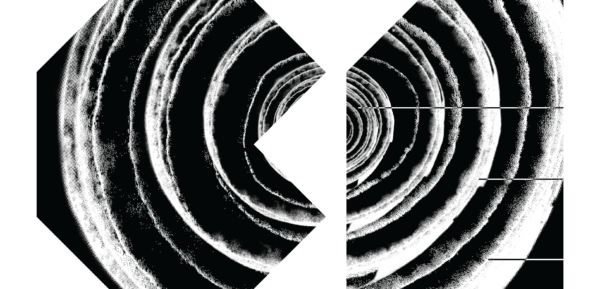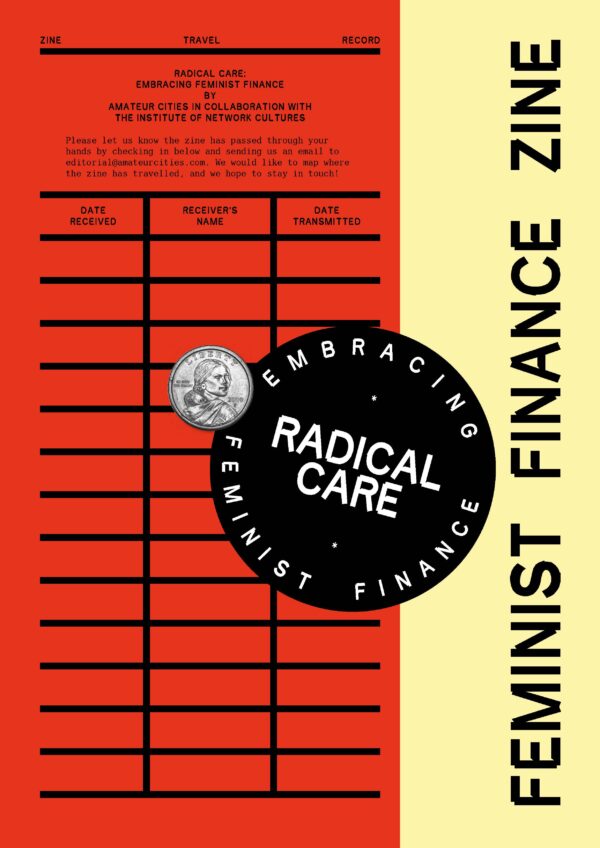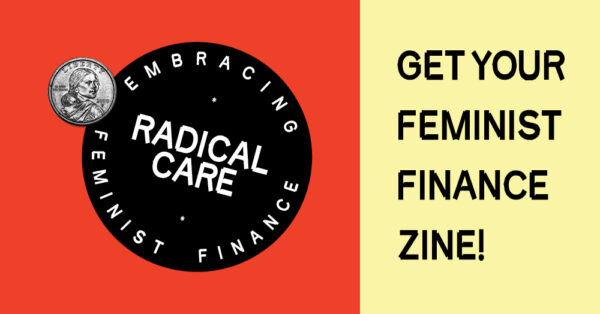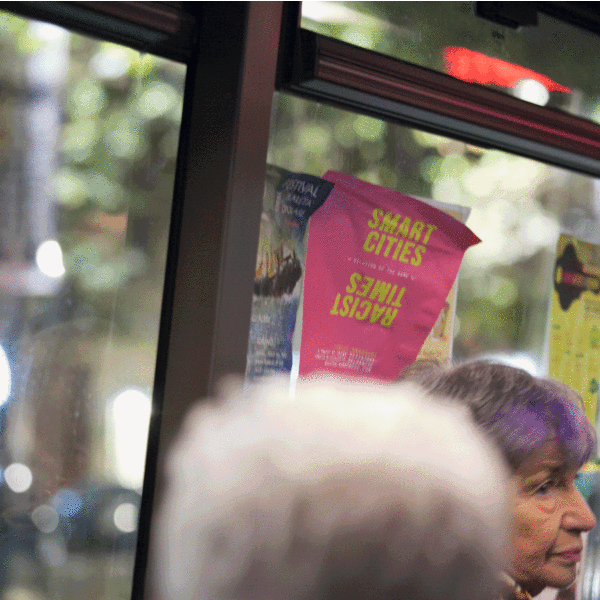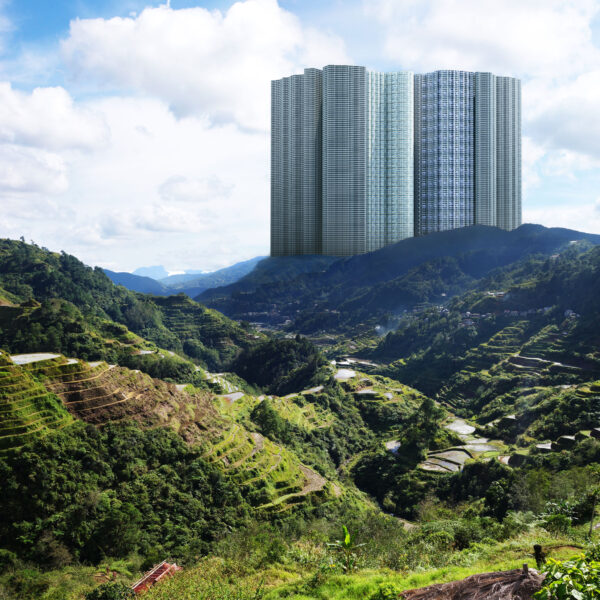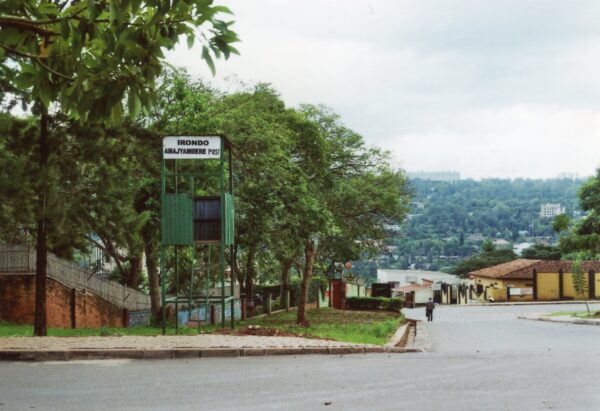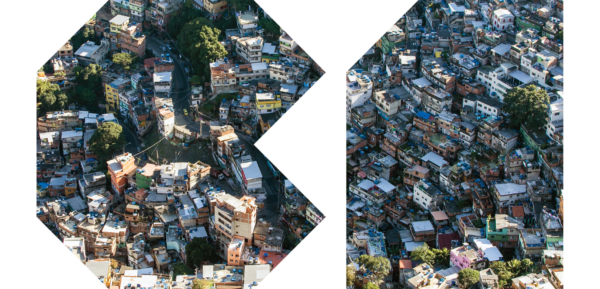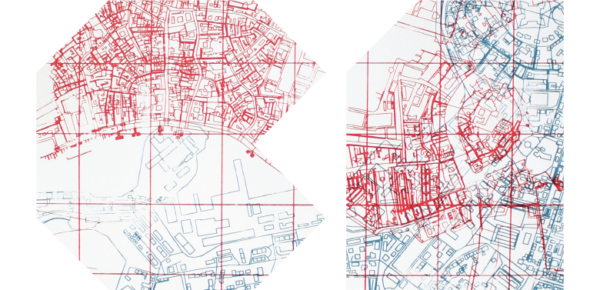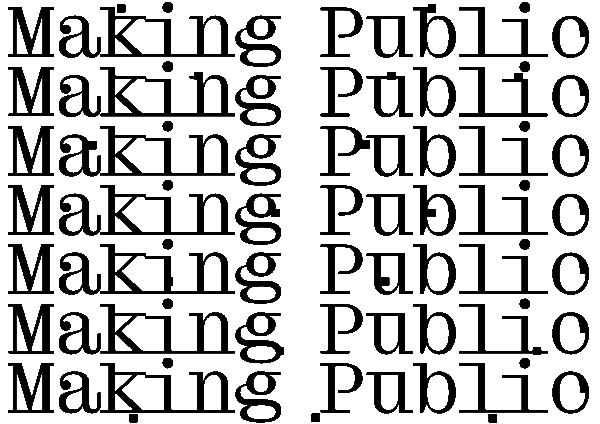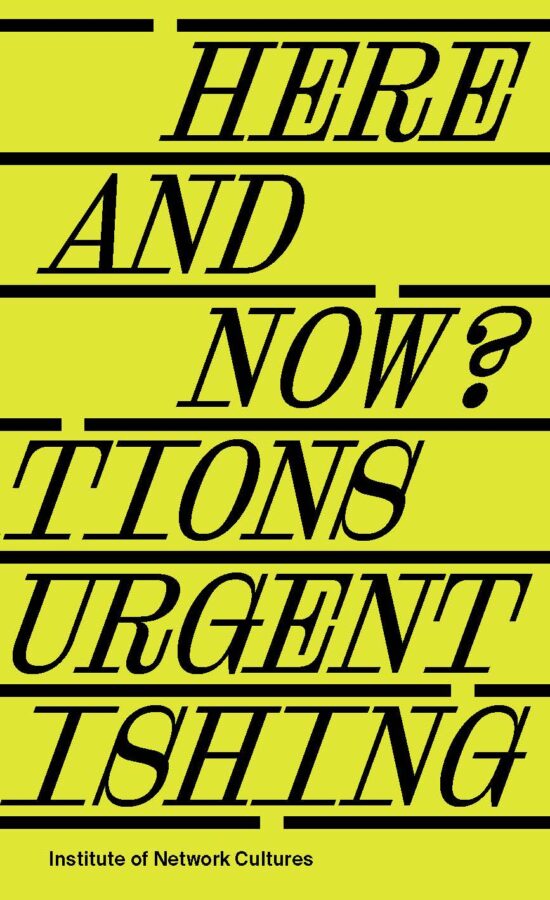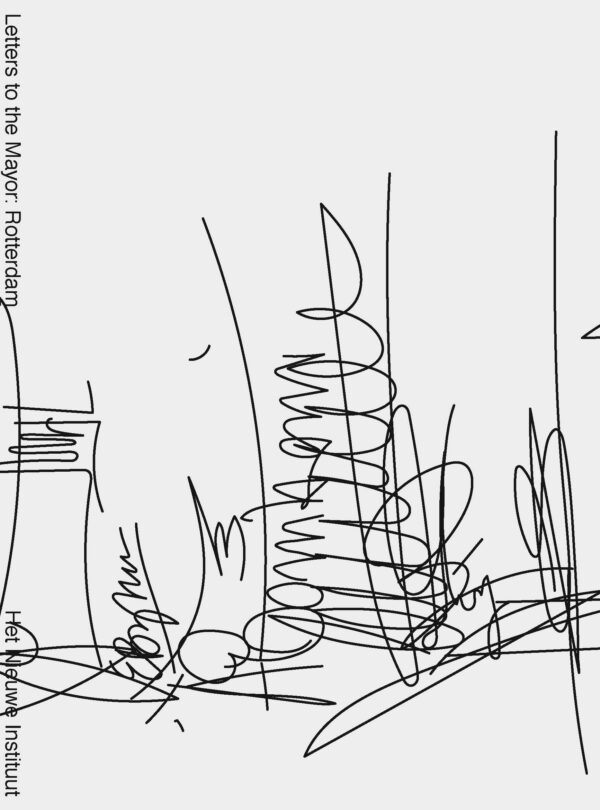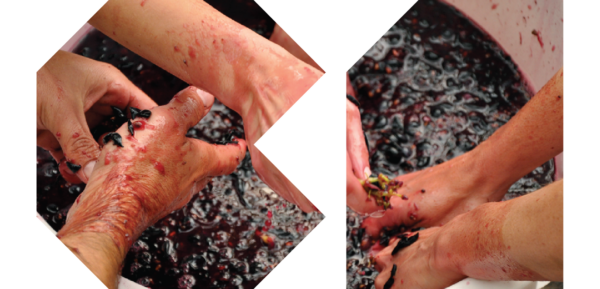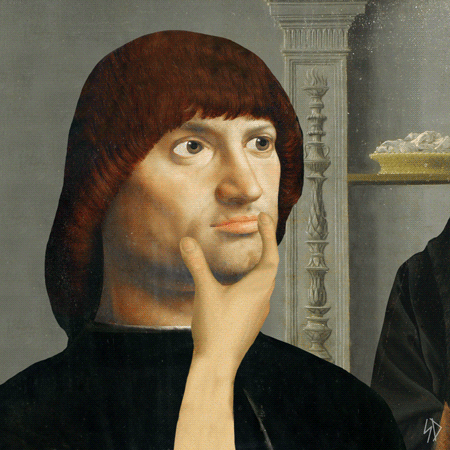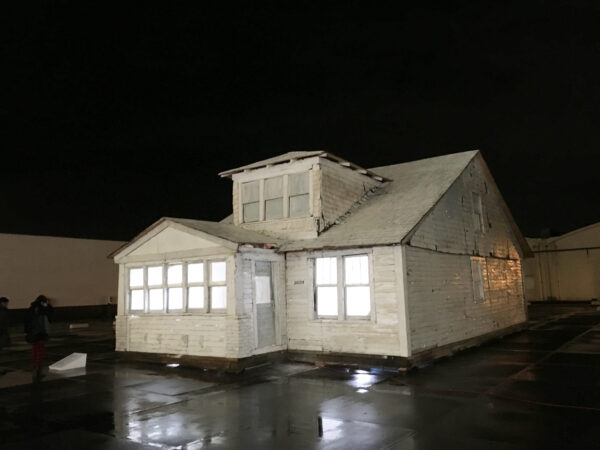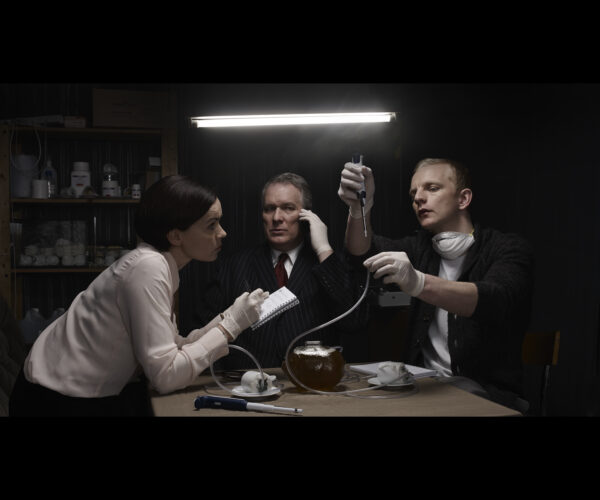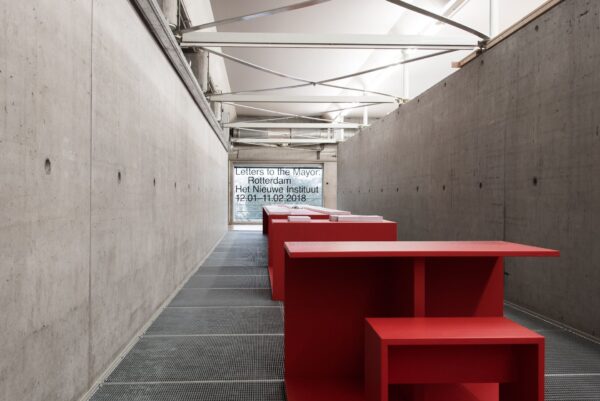Amateur Cities is a multidisciplinary research and publishing platform for reimagining the politics of urban space. We set research in action and make it public through engaging formats. We enjoy working with partners and are not afraid of challenges. Get in touch.
Publication
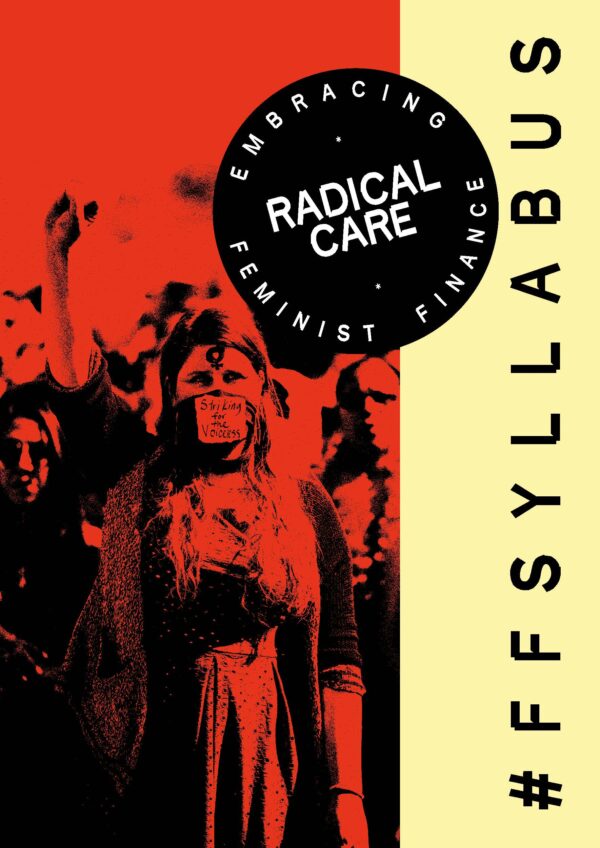
Radical Care: Embracing Feminist Finance–Feminist Finance Syllabus
The Feminist Finance Syllabus ponders how to embrace alternative values in economies by focusing on locality, cooperation, and caring. The Syllabus supplements the Feminist Finance Zine titled Radical Care: Embracing Feminist Finance. It is a result of the Twitter conversations during three launch events of the zine between April and May 2020. This syllabus is […]
